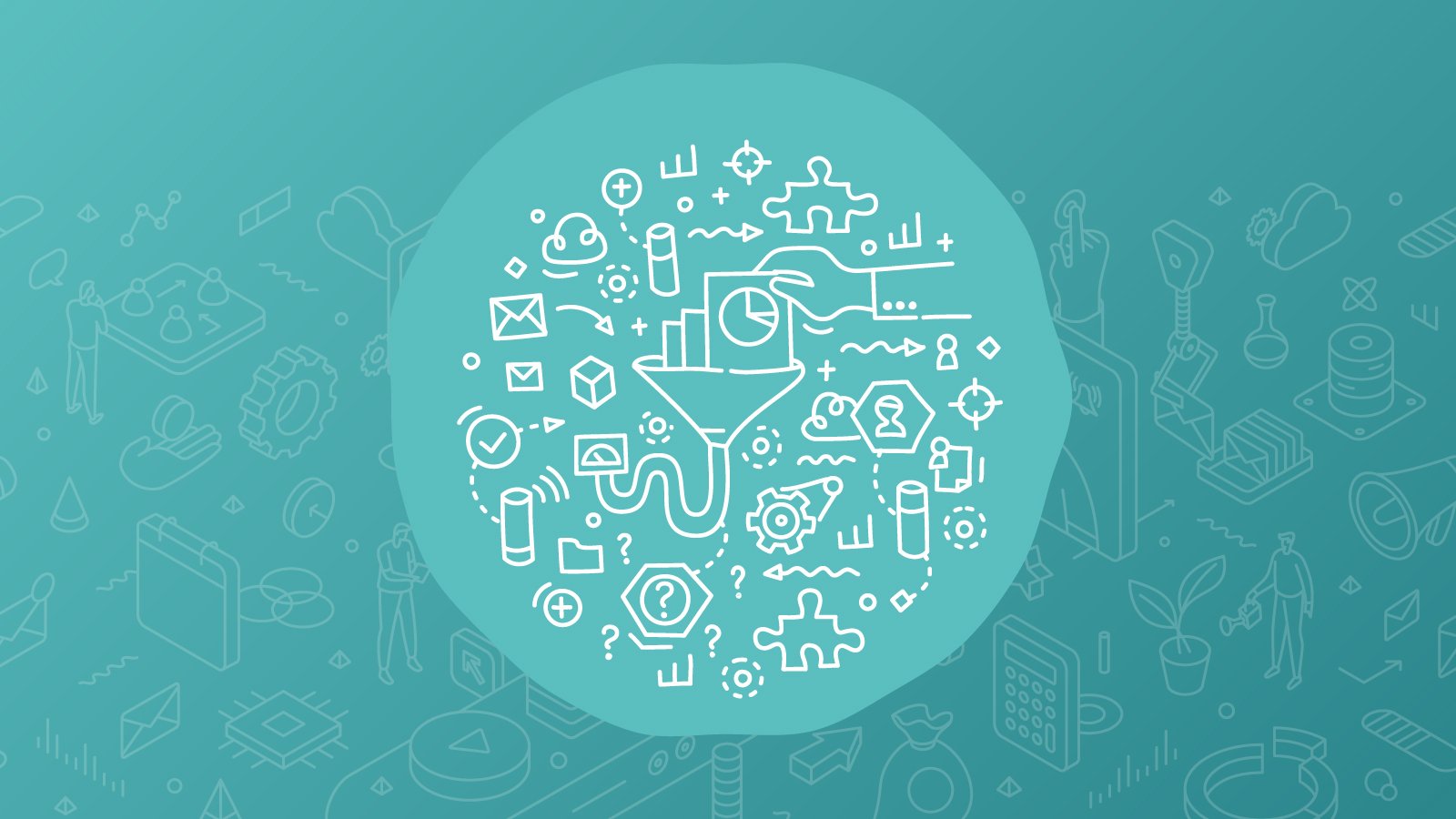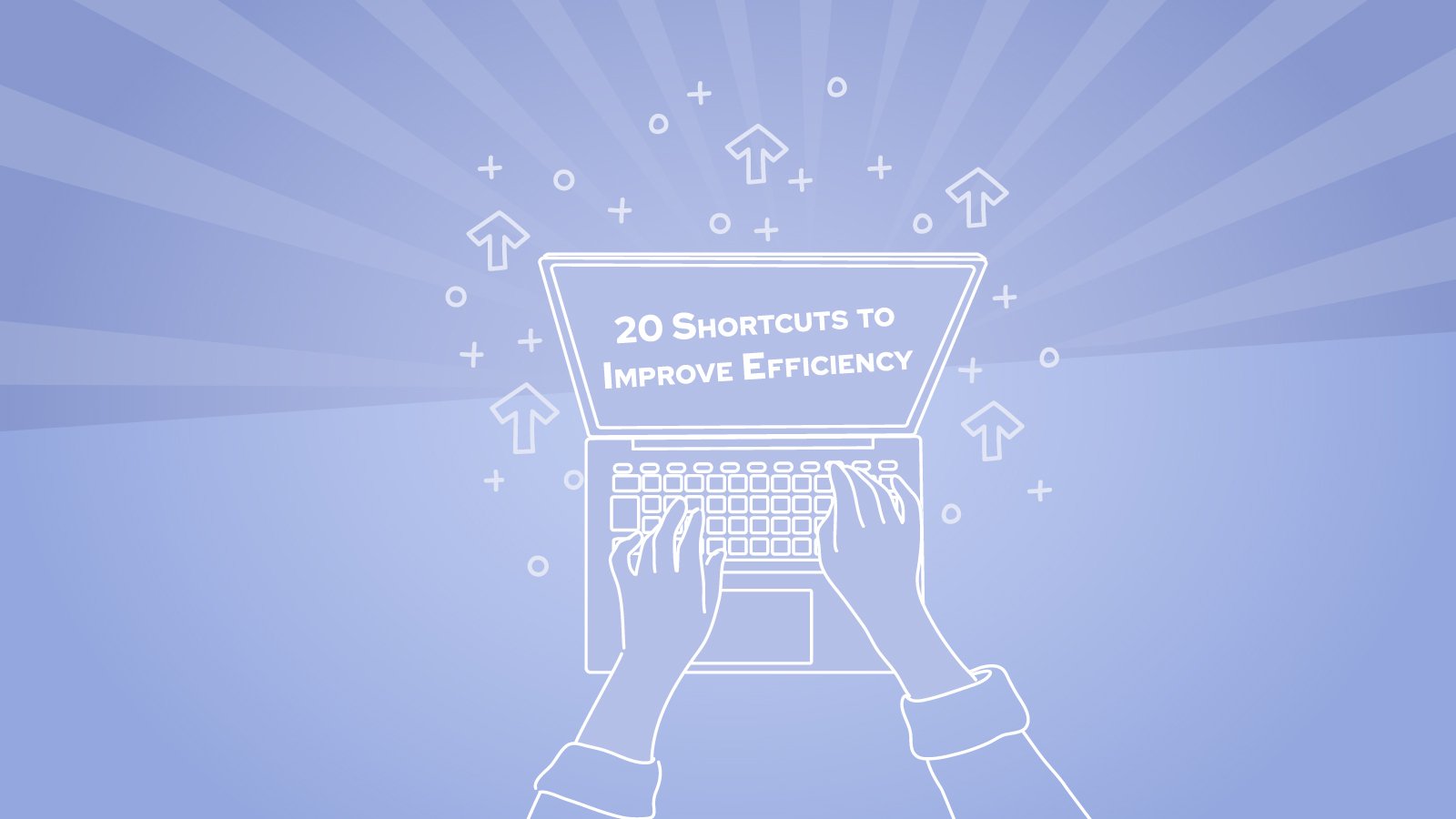These days, more businesses of all scopes and sizes are beginning to realise the benefits of having customer relationship management (CRM) and enterprise resource planning (ERP) systems in place. In fact, the ERP market alone is expected to grow to more than $48 billion by 2022. Meanwhile, another study has found that up to 91% of businesses with more than 11 employees now have some sort of CRM platform in place.
So, the benefits of these systems are clear to many business owners; what's not as clear is how many businesses are fully integrating their ERP and CRM systems to truly maximise their potential. If your ERP and CRM platforms are not currently working together, you could be missing out. By having a better understanding of the benefits of full ERP and CRM integration, as well as where to begin with the integration process, you can ensure a smooth transition for your organisation.
ERP and CRM systems: Similarities and differences
First, it's important to understand what sets these two similar yet independent systems apart to begin with.
An enterprise resource planning system (ERP) is designed to handle more administrative business functions, such as payroll, HR, and supply chain management. By streamlining these functions under one platform, businesses can improve productivity and save money.
Meanwhile, a customer relationship management (CRM) system is more focused on managing the organisation's interactions with its customers and leads. This can include storing data (such as customer sales history and contact information) as well as handling sales and customer service.
Ultimately, an ERP and a CRM have similar functions in the sense that both of these platforms are designed to streamline some of the company's everyday tasks and responsibilities. This streamlining, in turn, can improve productivity and boost the company's profits by saving time and preventing errors.
Benefits of ERP and CRM integration
Historically, ERP and CRM systems have operated independently of each other. In recent years, however, businesses have begun to realise the many benefits of integrating these systems to better serve their companies. After all, both of these systems manage important business data that is vital to a company's operation; it only makes sense that these platforms should be integrated so that everybody within the organisation is on the same page and data is in sync at all times.
So, what are some key benefits of ERP and CRM integration? Explore a handful of them below and you may quickly realise that it's time to integrate your own platforms.
1. Enhance your planning and forecasting
When your ERP and CRM systems are properly integrated, your sales staff will have easy access to the financial data and customer information from both platforms. This, in turn, will make it easier for them to carry out their forecasting accurately and reliably.
2. Provide accurate quotes
If you operate a business where you are regularly providing quotes/estimates to your potential customers, one issue you may run into frequently is that of an employee providing a quote that your business simply cannot support. Oftentimes, inaccurate quotes are a direct result of an employee not having all the information needed to provide an estimate.
When your CRM and ERP systems are integrated, you can rest assured that your employees will have easy access to all the data they need to calculate an accurate quote. This can eliminate a lot of problems and stress while also saving your organisation money.
3. Avoid redundant information
When different departments within your company are generating reports based on non-integrated CRM and ERP systems, you can end up with a lot of redundancies that are not only a waste of time for your employees, but a waste of money for your organisation as well. When you integrate your ERP and CRM platforms, you can avoid this redundant reporting and boost productivity among your employees.
4. Promote better collaboration
With separate ERP and CRM systems, there is a good chance that only some departments/employees within your company have access to certain data. This can prevent your employees from being able to productively collaborate. With proper ERP and CRM integration, you can always be sure that all of your employees are on the same page and have access to the same information. This, in turn, can foster a more collaborative work environment that improves productivity.
What does a successful ERP and CRM integration look like?
With all these benefits in mind, you may be wondering what a successful ERP and CRM integration would even look like within your organisation. In general, your platforms are integrated when your ERP and CRM software is connected and fully synchronised. When new information is uploaded or data is changed, those changes should be automatically updated in both systems.
There are many examples of ERP and CRM platforms that are designed to be integrated. Some of these include:
- HubSpot and Odoo
- Commercient
- SAP and Salesforce
When shopping for integrated solutions, there are a few things to keep in mind. For starters, look for a platform that will work with your organisation's budget. Some platforms offer different "tiers" of integration to suit your needs. For example, HubSpot and Odoo offer a "Starter" plan and a more expensive "Pro" plan, both of which are charged monthly.
You'll also want to explore what it will take to implement these platforms at your place of business, as this can be a time-consuming task. Data security is also more important than ever before, so take some time to familiarise yourself with the platform's security measures and features.
Time to integrate your ERP and CRM solutions?
Clearly, there are numerous benefits to integrating your company's ERP and CRM solutions if you haven't done so already. From improving productivity and fostering collaboration to saving time and money, integrated CRM and ERP systems can help your business grow.
For more help choosing the right CRM and/or ERP platforms to suit your organisation, reach out to our knowledgeable and experienced team today!




